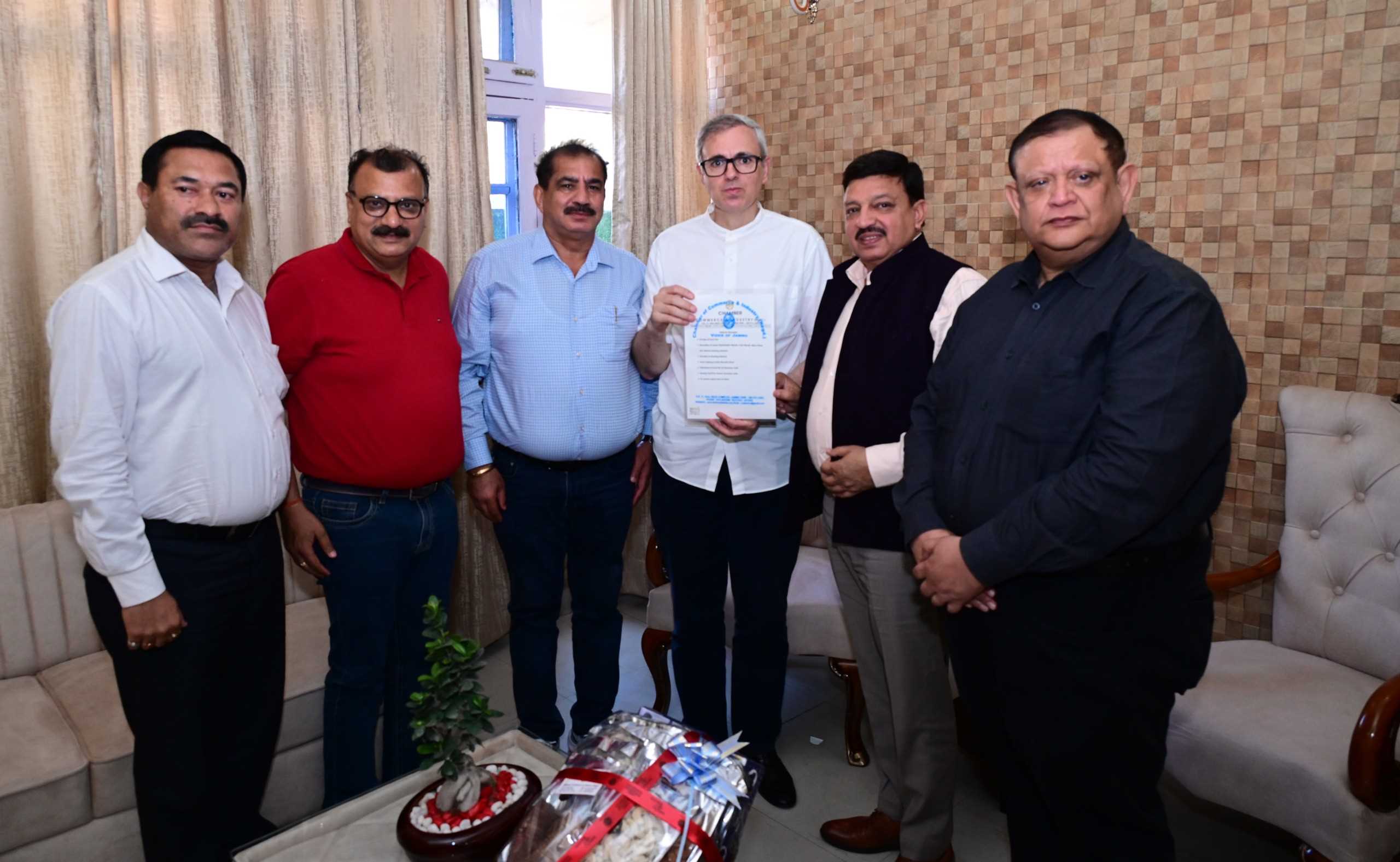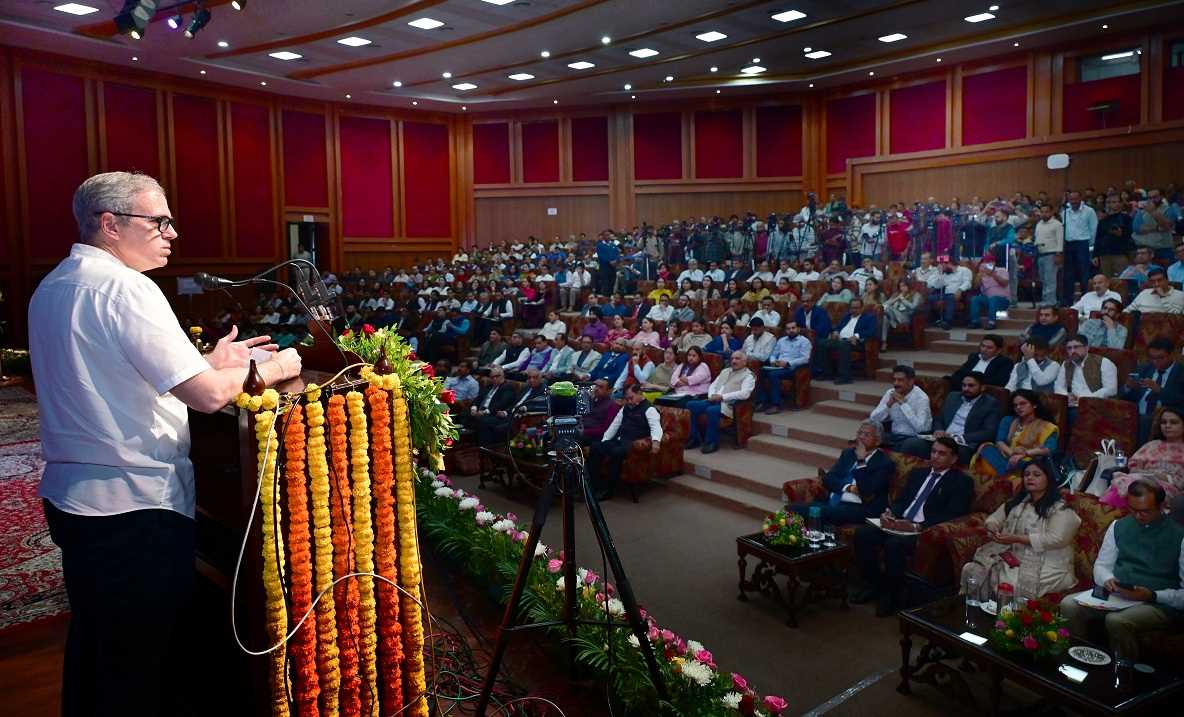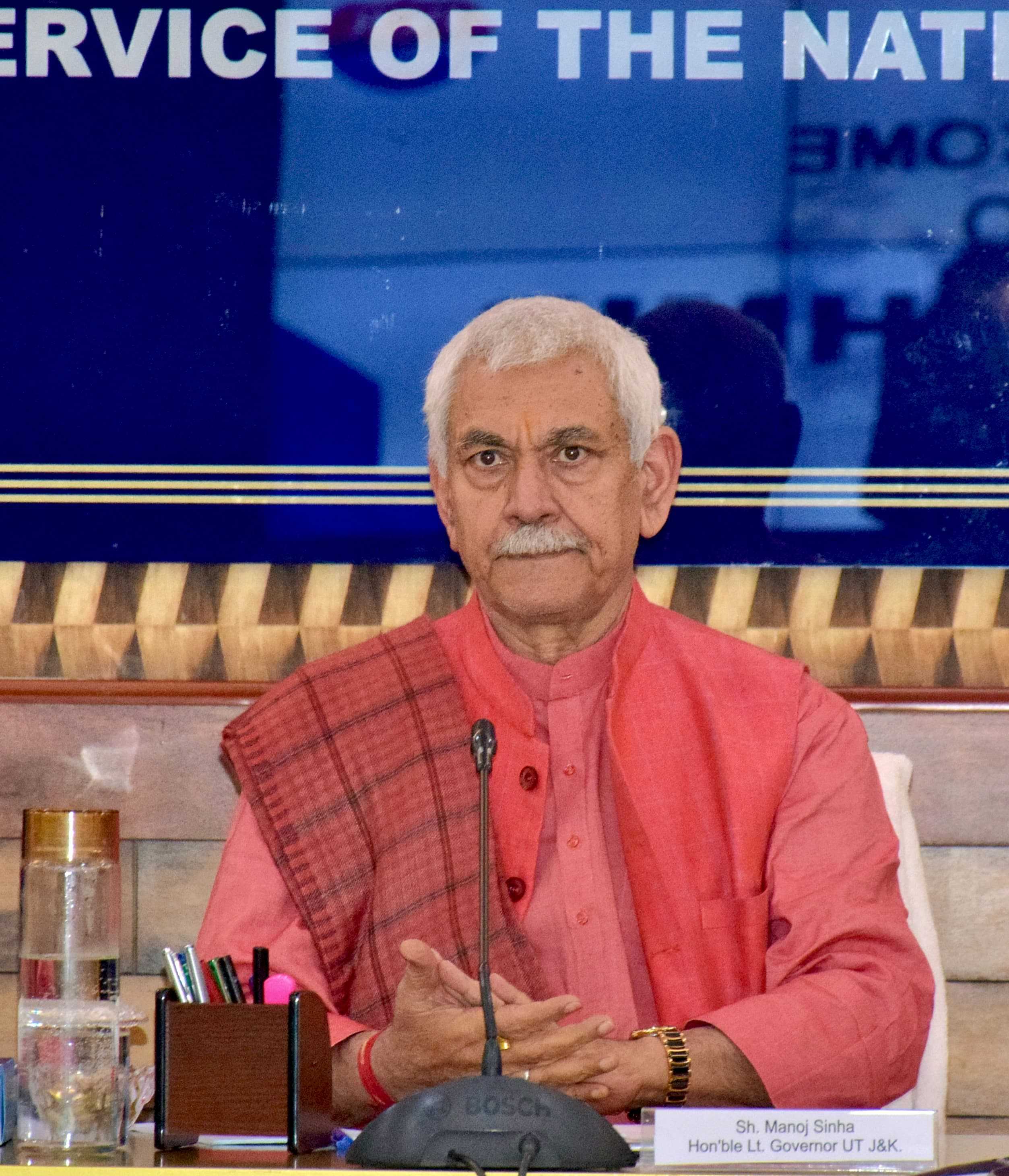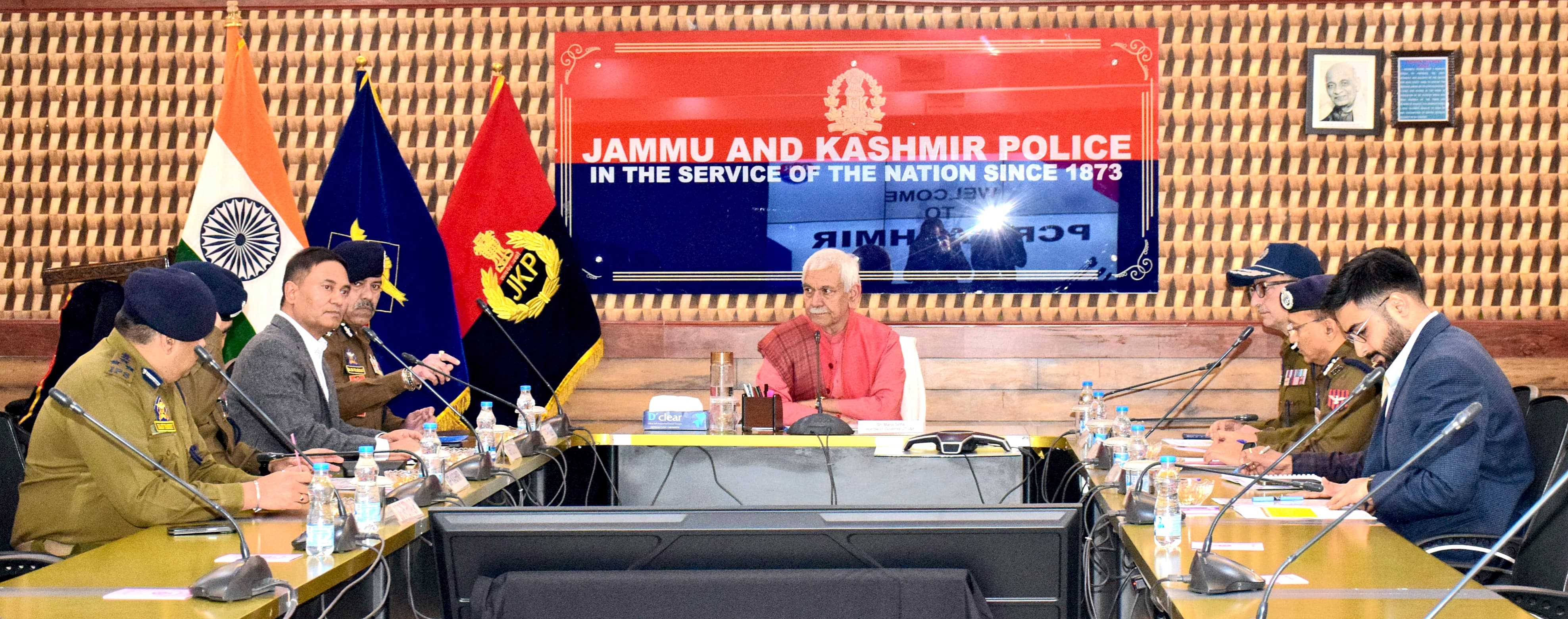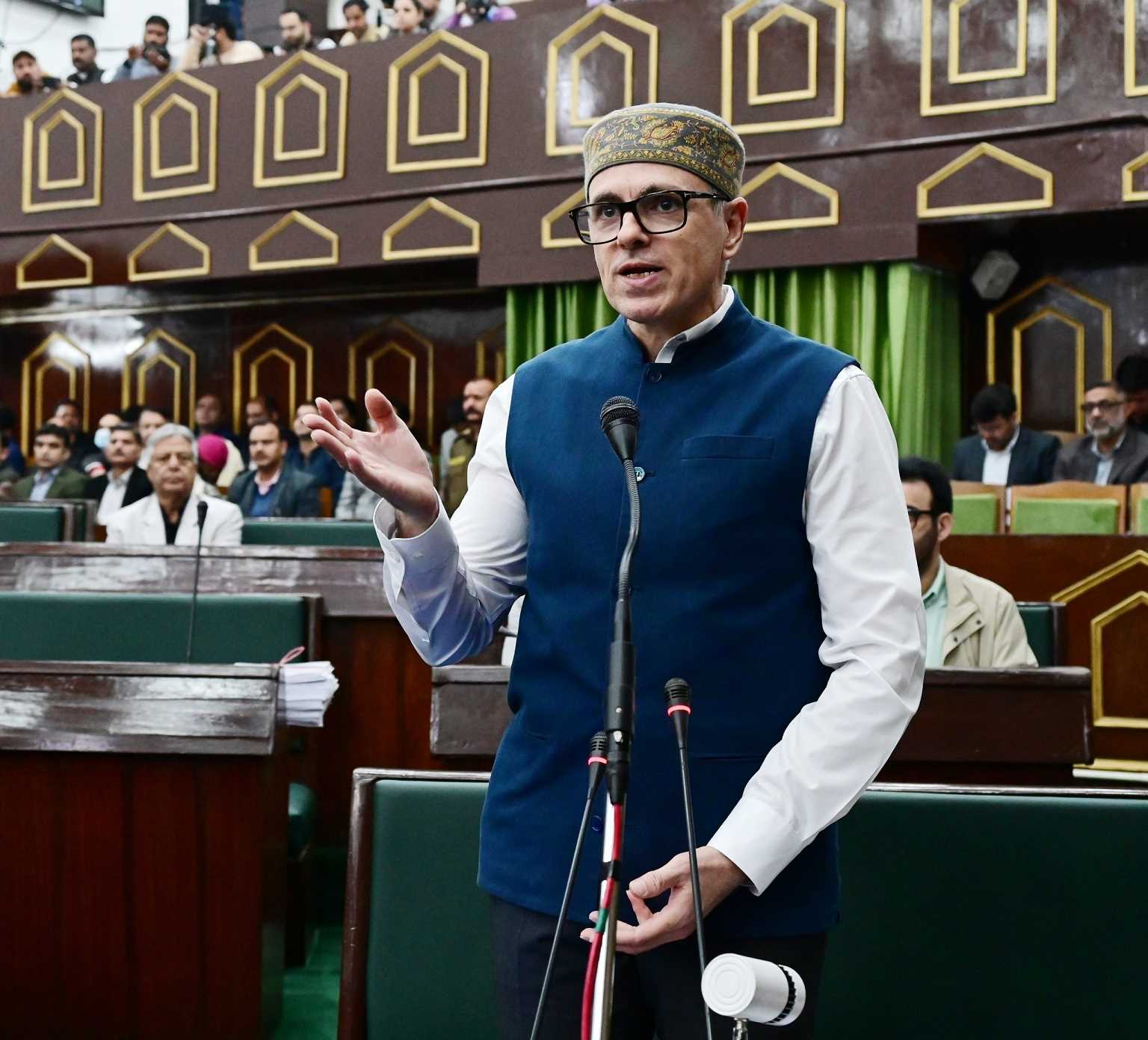The Indian Premier League (IPL) is more than just a sporting spectacle; it is a cultural phenomenon that reaches millions across the country. From young children imitating their cricketing idols to families gathering around their television screens, the IPL has become an intrinsic part of our entertainment landscape. Given its massive reach and influence, the Union Health Ministry’s call for a ban on all tobacco and alcohol advertising—including surrogate promotions—during IPL matches is a commendable and necessary step toward safeguarding public health. Tobacco and alcohol consumption continue to pose significant health risks. According to the Global Adult Tobacco Survey (GATS), over 266 million Indians use tobacco in some form, contributing to nearly 1.35 million deaths annually. Similarly, alcohol abuse is a growing concern, with its social and health consequences manifesting in increased instances of liver diseases, accidents, and domestic violence. While our country has laws regulating the direct advertisement of these harmful products, surrogate advertising—a strategy where brands use unrelated products such as bottled water, music CDs, or soda to promote their main product—continues to circumvent these regulations. The IPL, with its vast audience, has become a key platform for such misleading promotions. The concern is particularly pressing because of the tournament’s appeal among young viewers. When children and teenagers are repeatedly exposed to branding associated with alcohol or tobacco, even indirectly, it normalizes consumption in their minds. Subliminal messaging through sponsorships, hoardings, and TV commercials creates an illusion that these substances are linked to glamour, success, and celebration. This perception contradicts the reality that tobacco and alcohol addiction leads to severe health complications, financial distress, and social issues. Critics might argue that sponsorship revenue from these industries significantly supports sports, including cricket. However, financial interests cannot be prioritized over public health. If international sporting events like the FIFA World Cup and the Olympics can maintain strict advertising bans on tobacco and alcohol, the IPL can and should follow suit. There are numerous brands in technology, banking, e-commerce, and sustainable products that can step in as responsible sponsors without endangering public health. The Union Health Ministry’s intervention reflects a broader shift toward corporate and social responsibility in sports. The Board of Control for Cricket in India (BCCI) and broadcasters must cooperate in ensuring that surrogate advertising does not find a backdoor entry into one of the country’s most beloved sporting events. Stricter enforcement, coupled with public awareness campaigns, can make IPL a healthier and more responsible entertainment platform. This move is not about restricting business interests but about prioritizing public well-being. The IPL’s legacy should not be tainted by associations with products that damage lives; instead, it should inspire young fans toward a future of fitness, discipline, and sportsmanship.



